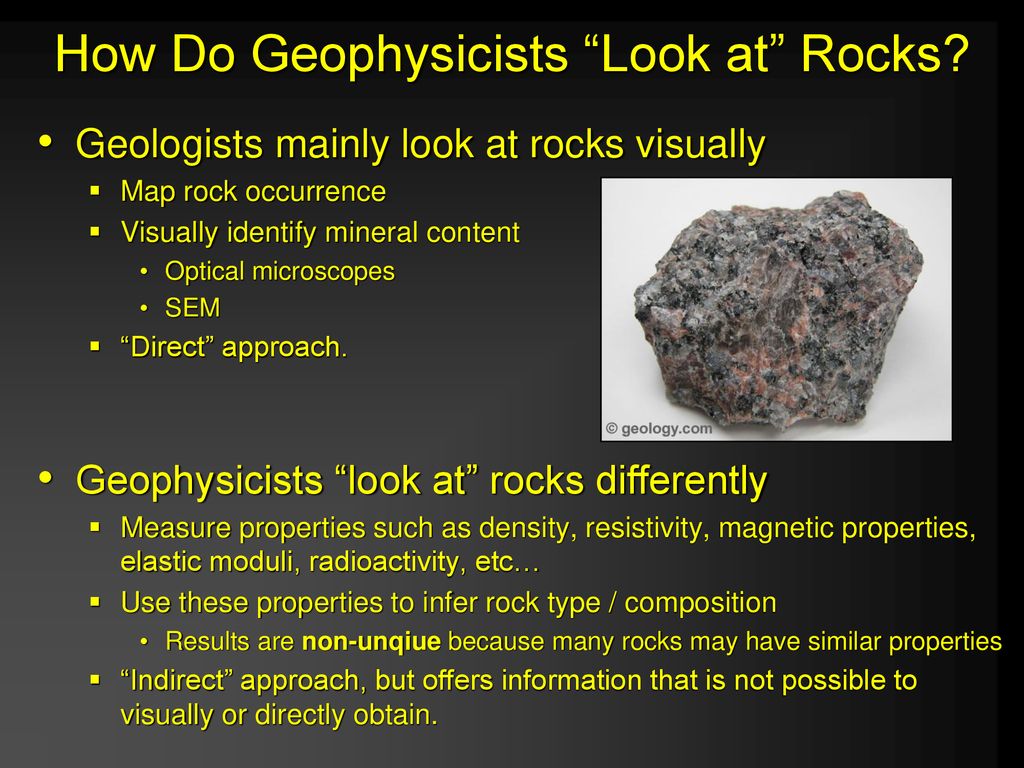All Categories
Featured
Table of Contents
Frequently Asked Questions in Thornlie Western Australia 2023
Are you looking for the right kind of b-school? Link with MBA programs looking for prospects like you. Explore schools of all sizes, ranked colleges, city and big-campus schools and more. Apply. Pay. Preparation. Research study. Prosper. We've got you covered. Get in touch with master's programs around the nation to get an edge over the competitors.

A geophysicist research studies various elements of the earth. Watch a video to learn what a geophysicist: Geophysicists need to make a minimum of a bachelor's degree; however, this is for an entry-level position.
If you want research you must pursue a Ph. D. Undergrad coursework normally includes geology, mathematics, environmental science, or physics. Postgraduate degree require more specific research studies in the specialty of choice. Locations can consist of oceanography, climatic physics, meteorology, planetary, petroleum, environmental, and mining. Job prospects are higher if you have a strong background in computer system science or innovation.
What Does A Geophysicist Do? in Stirling Aus 2020
Access to these chances might be limited depending on where you live; however, internships or summertime programs with geophysical companies, university geophysics department, or the U.S. Geological Survey can be alternatives. You can find a list of a list of opportunities on the United States Geological Survey (USGS) websites' Pathway Programs tab (opens in another link).
Geophysicists likewise work with computer systems while looking into, so computer courses can also be practical, as pointed out previously in this article. Many geophysicists specialize in an area of geophysics.
A geophysicist's responsibilities can consist of determining, tracking, and recording information from different physical residential or commercial properties in the world. They also examine and test info received. Geophysicists frequently need to travel worldwide to analyze geological events that have actually taken place or might have been predicted. Geophysics is a research-based profession field, therefore one should have the ability to assume, problem-solve, and question or challenge previously held assumptions from their collected data.
What Does A Geoscientist Do? in Waikiki WA 2021
Jay Wellik, a geophysicist, research studies volcanos. Geophysicists normally work full-time hours; nevertheless, they frequently work irregular hours, as pointed out previously.

You can discover extra info about Geophysicists in addition to extra instructional materials on the U.S. Geological Study website (links open in a new window). Laura Stern, of the U.S. Geological Survey at the Gas Hydrates Laboratory in Menlo Park, California: We make a number of various hydrates in the laboratory.
We also make carbon dioxide hydrate, ethane hydrate, lp, a number of different structures. It's about 100 degrees chillier than the temperature level at which these hydrate samples would dissociate, when they would decompose to ice plus gas on the tabletop.
Services Geophysical in Wexcombe Australia 2020
So the samples we make, their polycrystalline. They appear like snow, it looks like compressed snow but honestly, it does contain gas inside. Take a little piece off here and as it heats up, you'll start to see it pop. It's reverting to ice plus gas and after that as the ice would melt as it continues to warm, it will end up being water plus gas.
My name is Steve Kirby, I'm a Geophysicist here at the U.S. Geological Study in Menlo Park. I deal with Laura Stern who is likewise a Geophysicist in this lab that adheres towards the investigation of planetary ices and gas hydrates. Gas hydrates in nature happen in very remote locations and they are very complicated with the interactions and conditions that they form under and samples that are brought up are under some sort of alternation or decay.
This is an unusual laboratory and there are only a handful of them worldwide and we are really fortunate to be here at the Geological Study and to have the chance of dealing with them. Bureau of Labor Data, U.S. Department of Labor, Occupational Outlook Handbook, Geoscientists. National Center for O * Web Development.
Geophysical Survey in Manning WA 2022
This video was produced by the government for the U.S. Geological Study. The USGS Gas Hydrates Laboratory is moneyed by the Department of Energy and the USGS Gas Hydrates Project.
Latest Posts
Geophysical Survey In Archaeology in Neerabup Australia 2022
Geophysicists in Glen Forrest WA 2020
Geophysical Survey in Lockridge Oz 2023